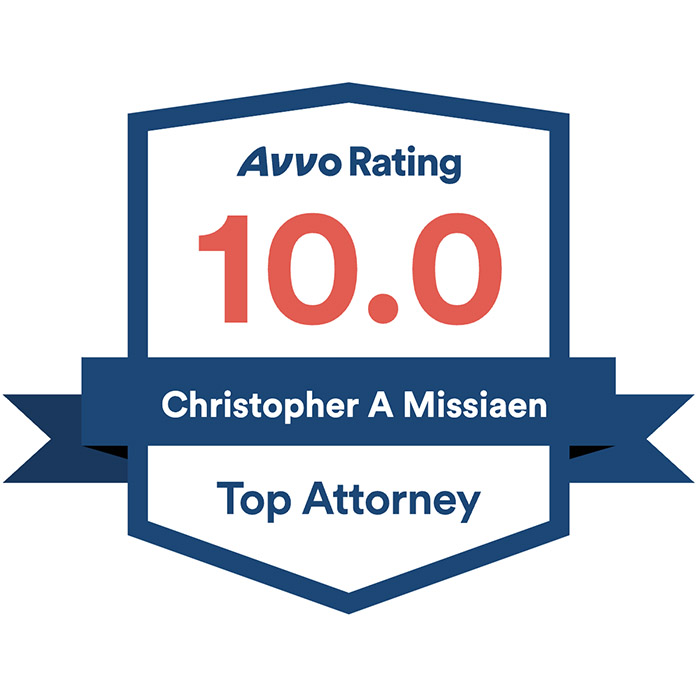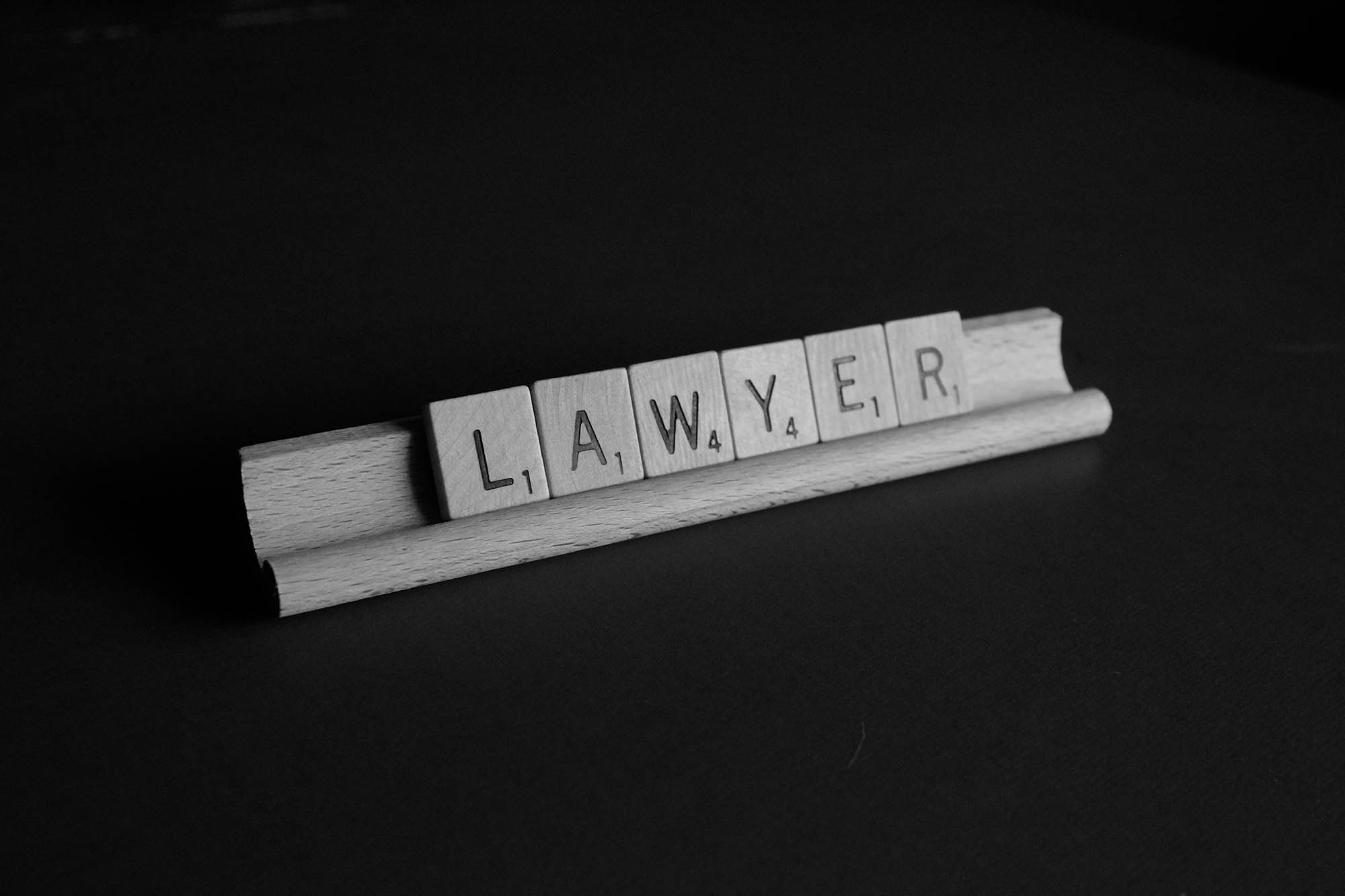Is a Public Defender a Real Lawyer?
The short answer is “yes.” Public defenders are attorneys who have passed the bar exam and are subject to the same ethical and licensing requirements as private attorneys. Most people know this, and I think the real concern people are expressing about public defenders is whether they will receive quality legal representation from a public defender. There is no across the board answer to whether a defendant will get a better result from a public defender or a private attorney. Many public defenders are dedicated and tenacious attorneys, while some private criminal attorneys lack the experience and knowledge to get good results for their clients. If you have been charged with a crime, the decision about representation is one that you should make based on specific facts and circumstances of your case.
Many public defenders are excellent attorneys, however there are some specific advantages to hiring a private attorney for representation on a criminal matter.
Advantages of Hiring a Private Attorney
First, a private attorney can offer representation earlier in the process than a public defender. Courts pay for public defenders because anyone charged with a crime is entitled to a lawyer regardless of their financial circumstances. The courts have held that the right to a lawyer does not attach until a person is formally charged. That means a person will usually not have a public defender appointed to help them until after their first court appearance. In Oregon state courts, a person is not entitled to representation while they are being investigated for a crime by the police. The police can interrogate a person, interview their friends and co-workers, subpoena documents, etc. and the subject of the investigation will not be entitled to a lawyer until the investigation is largely completed and criminal charges have already been filed. A private attorney can offer representation at any time during a criminal investigation and can give valuable advice before criminal charges are filed.
Second, a private attorney can offer representation on civil and administrative matters that are related to criminal charges. Often a person charged with a crime also has to deal with additional legal matters that are not criminal. For example: (1) a person accused of domestic violence may also be served with a civil restraining or stalking order, (2) a person accused of crime involving a motor vehicle might face license sanctions from the DMV, and (3) a person charged with a drug crime might be subject to a civil forfeiture action separate from the criminal case. Most public defenders do not handle civil and administrative matters.
Third, a private attorney can offer representation after criminal charges have been resolved. The consequences of being charged with a crime often extend for months or years after a person’s final court appearance. However, most public defenders close their files immediately after their client’s final court appearance. A private attorney can offer advice about all the issues that come up after a person’s last day in court, including: (1) complying with any requirements imposed by the court, (2) securing the return of seized property, (3) having charges expunged, and (4) and restoring firearm rights.
Finally, a person can choose any private attorney they want. A person charged with a crime does not get to pick the public defender that represents them – they have to accept whatever lawyer is appointed by the court. Being charged with a crime is a scary experience and the consequences of being convicted can be severe. A good relationship between a lawyer and his client is essential for the successful resolution of criminal charges. If you have been charged with a crime, you should consider picking a lawyer that: (1) has a record of success, (2) will listen to you, and (3) can effectively communicate all the options for resolving your case.
Contact Christopher Missiaen today!



